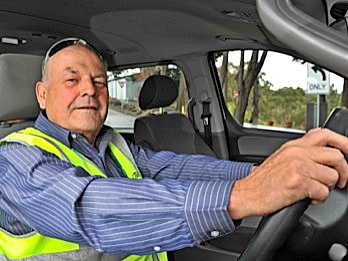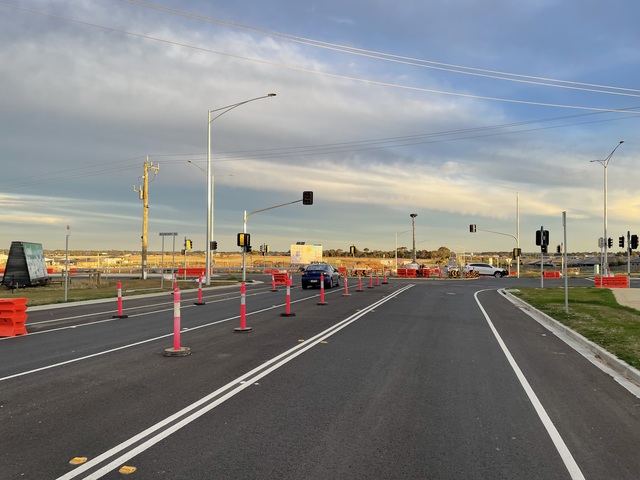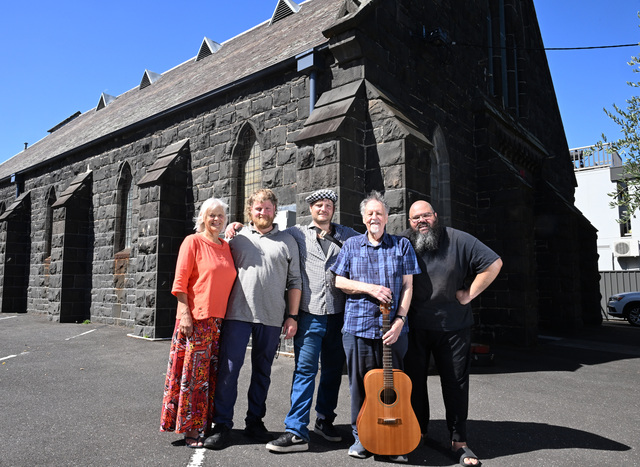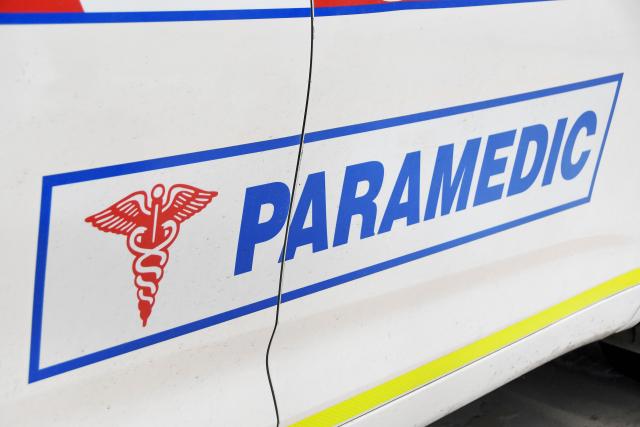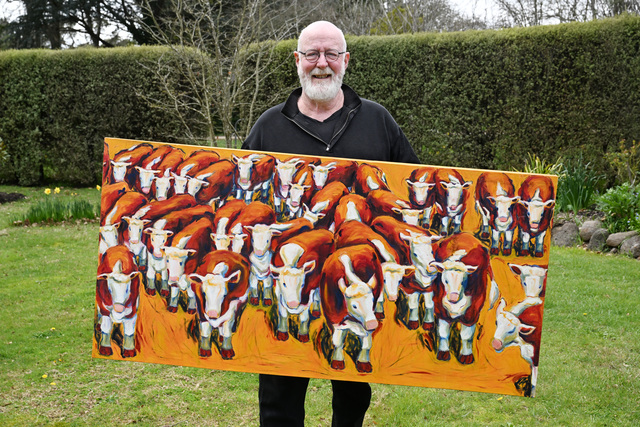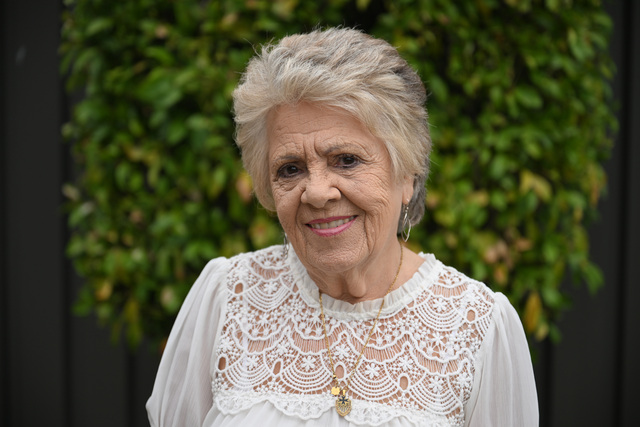An Epping-based not-for-profit community transport program doesn’t have the resources to meet surging demand, according to staff.
In the past year, demand for Whittlesea Community Connections’ (WCC) transport program for residents who don’t own cars or have difficulty accessing public transport has risen by about 40 per cent.
While the organisation’s volunteer base has grown, WCC client services team leader Peta Fualau says the organisation can’t cope under current funding arrangements.
“We get new referrals on a daily basis,” she said. “But we don’t have the resources to meet that demand.
“There are high levels of disadvantage in certain pockets and some areas have no public transport at all.
“In the past, Whittlesea council has given us one-off grants to purchase or lease a vehicle, but our challenge is securing the ongoing support we need.”
The Whittlesea Community Futures partnership, which is made up of 45 agencies including the council and Whittlesea Community Connections, is calling on the state and federal governments for almost $200,000 to fund the employment of a full-time transport co-ordinator and cover fleet and administration costs.
WCC has 250 volunteers and 50 paid staff.
In any of six vehicles, about 50 specially trained volunteer drivers and transport escorts are relied upon to ferry residents to and from medical and allied health appointments, social support groups or aged-care facilities.
Carl Reid, who has been a volunteer driver for about five years, cites the camaraderie with fellow drivers and networking opportunities as highlights of being in the program.
“I read an ad calling for volunteer drivers and thought, this is something I can do to give back to the community,” the Epping resident said.
Mr Reid said the service was a necessity and “people solely rely on it” to attend specialist appointments.
“Some people are doing it a bit tough,” he said.

